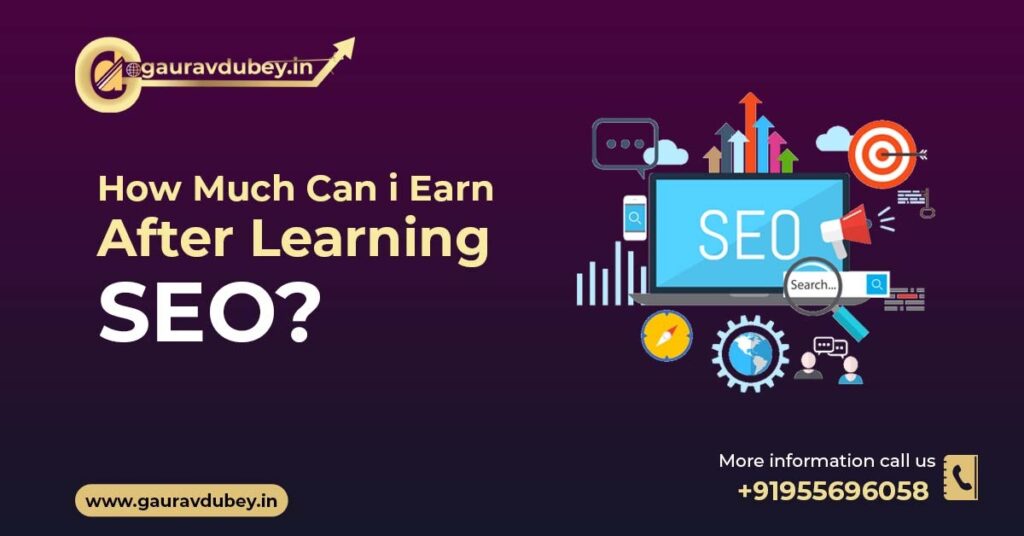How to Start a Digital Marketing Agency?
Any business that wants to succeed in the modern digital era needs to have a strong online presence. As such, the demand for digital marketing services is at an all-time high, and starting a digital marketing agency can be a lucrative business venture. However, starting a digital marketing agency from scratch can be overwhelming, but with the right strategy and approach, you can set yourself up for success. In this blog post, we will explore the steps to take to start a digital marketing agency. 1. Develop your digital marketing skills To start a digital marketing agency, you need to have a good understanding of digital marketing concepts, techniques, and tools. If you do not already have experience in this field, it is worth investing in some courses or training to help you develop your skills. You can start by learning the basics of SEO, social media marketing, email marketing, PPC advertising and content marketing. 2. Determine Your Niche There are several areas of digital marketing, including SEO, social media marketing, email marketing, content marketing, PPC advertising, and more. While it may be tempting to offer all these services, it is better to focus on a few areas of expertise. By doing so, you can establish yourself as an expert in those areas, which can help you attract more clients. 3. Define Your Digital Marketing Services After determining your niche, it is time to define your digital marketing services. It is essential to have a clear understanding of what you can offer to clients. It can include website design and development, social media management, SEO services, content creation, PPC advertising, email marketing, and more. It is also important to consider the digital marketing packages you will offer your clients. You can create different packages with varying levels of services and pricing to appeal to different businesses’ needs and budgets. 4. Conduct Market Research Before creating a business plan, it is crucial to conduct market research to understand the digital marketing industry’s current state. It would help if you researched the trends, the competition, the target market, and the pricing structure. By doing so, you can identify the gaps in the market and tailor your services to meet the demand. It will also help you understand your target audience and develop marketing strategies to reach and attract them. 5. Create a Business Plan Making a company plan is the next step after conducting market research. It should include a company overview, services, target audience, pricing structure, marketing strategies, financial projections, and more. A business plan serves as a roadmap to guide you in achieving your goals and objectives. Furthermore, if you need it, it will assist you in obtaining finance from lenders or investors. 6. Register Your Digital Marketing Agency After creating your business plan, it is time to register your digital marketing agency. It is essential to comply with all the legal requirements to avoid legal issues down the line. The registration process may vary depending on your location, but it typically involves registering your business name, obtaining a tax ID number, obtaining necessary licenses and permits, and more. 7. Build Your Team As you grow your digital marketing agency, you will need to build a team of experts to help you deliver high-quality services to your clients. It would help if you looked for digital marketing consultants with skills in areas like SEO, social media marketing, content creation, PPC advertising, email marketing, and more. You can also consider partnering with freelancers or outsourcing certain services to reduce overhead costs. 8. Create a Strong Online Presence Being well-known online is essential for a digital marketing agency. You need to practice what you preach and showcase your expertise by having a well-designed website, active social media accounts, and a blog with helpful and informative content. It is also important to optimize your website for SEO to increase your visibility and attract more clients. 9. Reach Out to Potential Clients Once you have established your digital marketing agency’s online presence, it is time to reach out to potential clients. You can start by networking with other businesses in your niche, attending industry events, and using digital marketing strategies like email marketing, social media marketing, PPC etc. 10. Create Your Digital Marketing Packages Your digital marketing packages should outline the Digital Marketing Services you offer, pricing, and deliverables. You need to create packages that are tailored to different businesses and industries. Your packages should be flexible so that clients can customize them to their needs. 11. Start Offering Your Services Once you have set up all things it is time to start offering your services. You can start by reaching out to your network, attending networking events, and offering free consultations. As you start getting clients, you can refine your services and packages. In conclusion, starting a digital marketing agency can be a rewarding and lucrative business venture if done correctly. By developing your digital marketing skills, identifying your niche, creating a solid business plan, offering competitive services, and pricing, building your team, and establishing a strong online presence, you can successfully launch and grow your digital marketing agency in the highly competitive digital marketing industries.
How to Start a Digital Marketing Agency? Read More »











